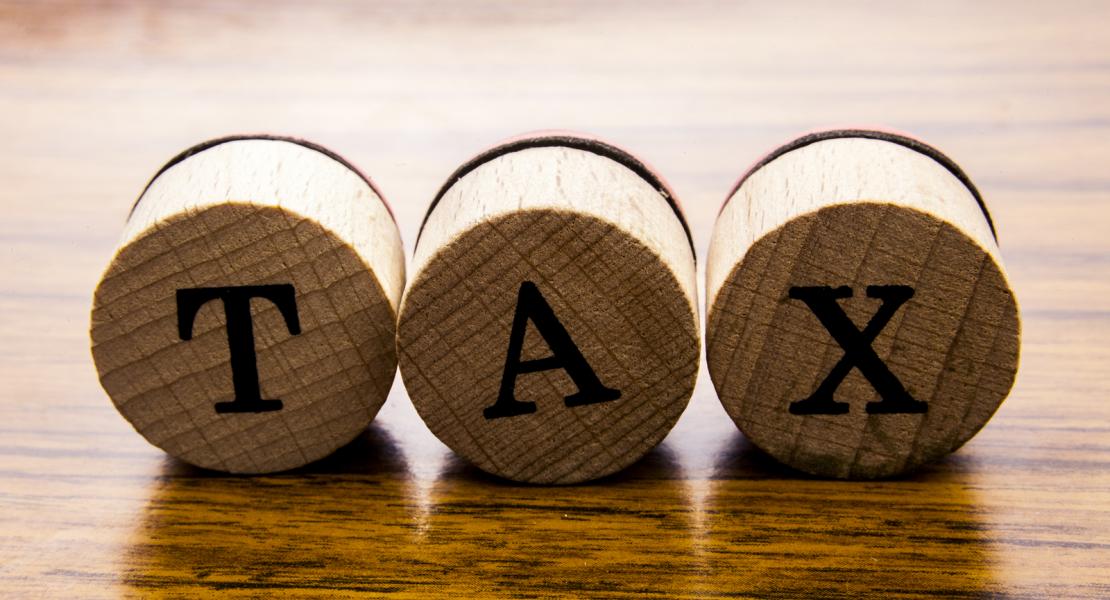
Computing Your Tax Assessment
On the surface, it may sound like a good idea to report the sales price of your real estate transaction lower than the actual value paid, particularly if furnishings are included. However, in reality, you may not receive the intended benefit of a lower tax bill for countless reasons. Additionally, this may result in a number of unintended negative tax consequences for you.
First, contrary to what people logically think, there is only a small correlation between the reported sale of property in Collier County, Florida, and the subsequent property tax valuation. I served on the Collier County School Board a number of years ago and for four consecutive years, I was appointed to the Property Appraisers Value Adjustment Board. I quickly became educated on how real property is valued in Collier County. Unlike many other counties, Collier County utilizes the “mass appraisal technique" to arrive at taxable value. This approach may not be the most accurate but it nonetheless is the process utilized by the property appraiser. As a result, this may be confusing to people who are under the false impression that similar to a bank, the county will have its own appraiser make a specific appraisal of the property sold based primarily on sales price.
Using the property appraiser's “mass appraisal technique” the reported sales price is only a small fraction of what gets computed into the valuation of the property which was transferred. The property appraiser’s office looks at the sale of every single vacant lot in the subdivision.
- A different weight is given to waterfront vs. non-waterfront.
- Value is then computed based upon the size of the lot and does not take into consideration the specific view. This approach then looks at the square footage of the house constructed on lots and does not take into consideration whether there are linoleum floors or marble floors.
- The age of the home is then given a weighted value, based on age, for its useful life.
- The County then looks at all the sales in that particular street and then the broader subdivision and each is given a weight.
- Finally, a factor of value is attributed to the actual recorded price. As a result, recording the property for a lesser value will only have a very small negligible effect on the tax bill and will only serve to diminish resale value at that time.
Secondly, if the price is broken down as to the value of personal property, in Florida it is the buyer’s responsibility and not the seller’s responsibility to report and pay sales tax of 6%. By contrast, if the furnishings are included in the price and the transfer of furnishings is incidental to the sale of real estate and no specific value is given, the transfer is not subject to sales tax.
Third, and perhaps most important when the purchaser goes to sell the property if the initial sale was reported for less than the full value they will have a lower tax basis in the real estate. As a result every dollar that is under-reported at the time of purchase will result in the purchaser being responsible for approximately 20% in capital gains on their subsequent resale. As a result, the benefits of underreporting the sale of a real estate transaction appear to solely assist the seller and create unintended consequences for the buyer for the reasons stated.